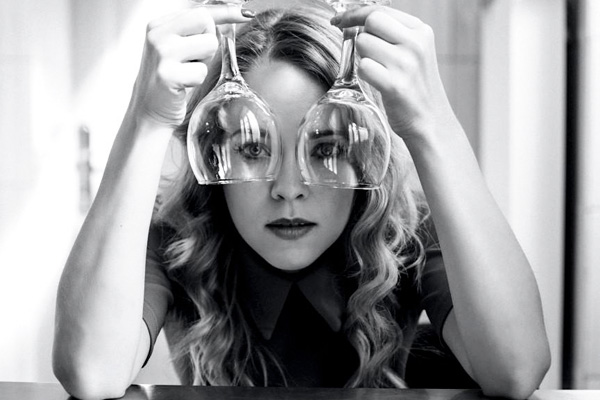THINK, THINK, THINK –
AUG. 24, 2022 – DEAR ANA,
Here’s what I’m struggling with: As someone who grew up in alcoholism and has dated people whose drinking bothered me, I have many self-destructive ways of coping with discomfort, chaos, fear, and grief. Workaholism/obsessive to-do listing. Bingeing and compulsive overeating. Rage. Negative self-talk. And yes, drinking. I guess you could say that I have a general tendency to be as hard on myself as possible. This has all gotten much better in the last four years, courtesy of regular therapy and then Al-Anon and then actually working with a sponsor. I’m doing each of these behaviors less and less — and now if one of them crops up, I spot it quickly and know it’s a sign that something is going on that needs attention. But I’m still drinking more than the experts say an American woman should, courtesy, in part, of my 34-year-old and childless social life in Los Angeles.
Hey, samesies.
I also struggle with the tendency to perfect myself into misery. Because I share that pattern, I don’t think it’s strange to approach sobriety (which is, by definition, all or nothing) with a concern that it might set off a downward spiral of self-criticism and self-destruction.
It’s a testament to the work you’ve already done that you’re so aware of your maladaptive patterns. That’s why I think you’ll puzzle this out too: What exactly do you want to get out of sobriety? Do you want to stop drinking because you believe that your alcohol use has a negative impact on your life? Or do you want to stop drinking because you think it’s going to get you closer to some ideal version of yourself?
I think people should consider sampling sobriety like they might try breath work or foreign travel or sea urchin: not for everyone, but an adventure worth going on at least once. However you get there, you’ll still find it a powerful experience.
But as those of us in Al-Anon know better than others, sobriety is a lot more fulfilling (and more sustainable) when the drinker chooses it freely. It’s great that your therapist and partner aren’t the ones pushing you; still, that perfectionist tendency is itself a kind of outside force. Since perfection is impossible, striving for it can never really be about pleasing yourself. When I pursue an achievement because I think it will get me closer to that elusive ideal (as opposed to simply wanting to make a go of it), no level of success feels truly satisfying.



